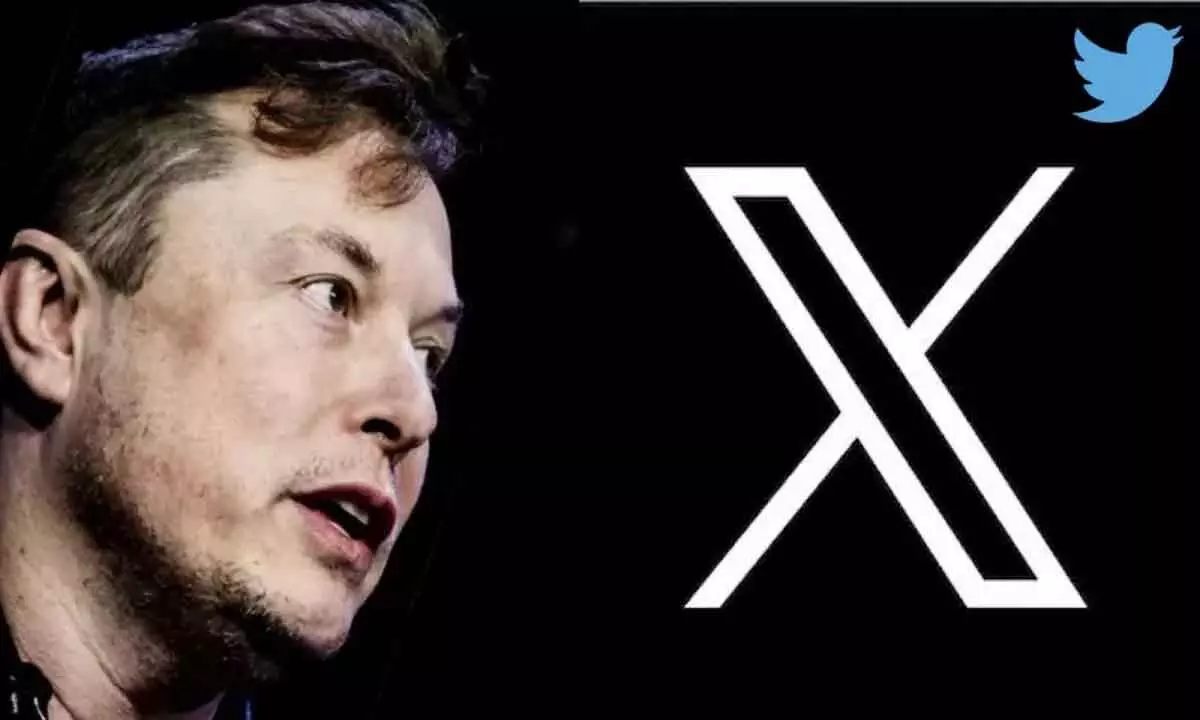Wanna like or post on X, you have to pay fee
New accounts required to pay a small annual fee before they are able to post, like, bookmark, and reply
image for illustrative purpose

Unfortunately, a small fee for new user write access is the only way to curb the relentless onslaught of bots. Current AI (and troll farms) can pass ‘are you a bot’ with ease, Musk posted on X
New Delhi: In a bid to restrict the onrush of bots and fake accounts, new users on social media platform X (formerly known as Twitter) may now be required to pay a small annual fee to be able to like, post, bookmark, and reply.
Users can still follow accounts and browse X for free, the company said. After an upgrade on Monday, the website said new accounts are required to pay a small annual fee before they are able to post, like, bookmark, and reply.
“This is to reduce spam and to create a better experience for everyone,” it said. The new users, however, will be able to use all usual features for free after three months, Elon Musk, the owner of American technology company X Corp, which owns X, said.
However, whether the new norms will be rolled out in select locations or worldwide is not clear. “Unfortunately, a small fee for new user write access is the only way to curb the relentless onslaught of bots. Current AI (and troll farms) can pass ‘are you a bot’ with ease,” Musk posted on X.
New unverified users now receive a dialogue box stating unlock the ability to post and engage by paying a small fee. Premium subscribers get unlimited access to all write actions and other premium features.
“The onslaught of fake accounts also uses up the available namespace, so many good handles are taken as a result,” Musk further said.
The policy was initially being tested to help reduce spam and improve the experience for users, and was only active in New Zealand, where the social media giant charged an annual fee of $1. The development has been garnering mixed reactions from internet users with some acknowledging the move to curtail misuse of internet and AI, while others disregarded the act as a violation of freedom of speech.

